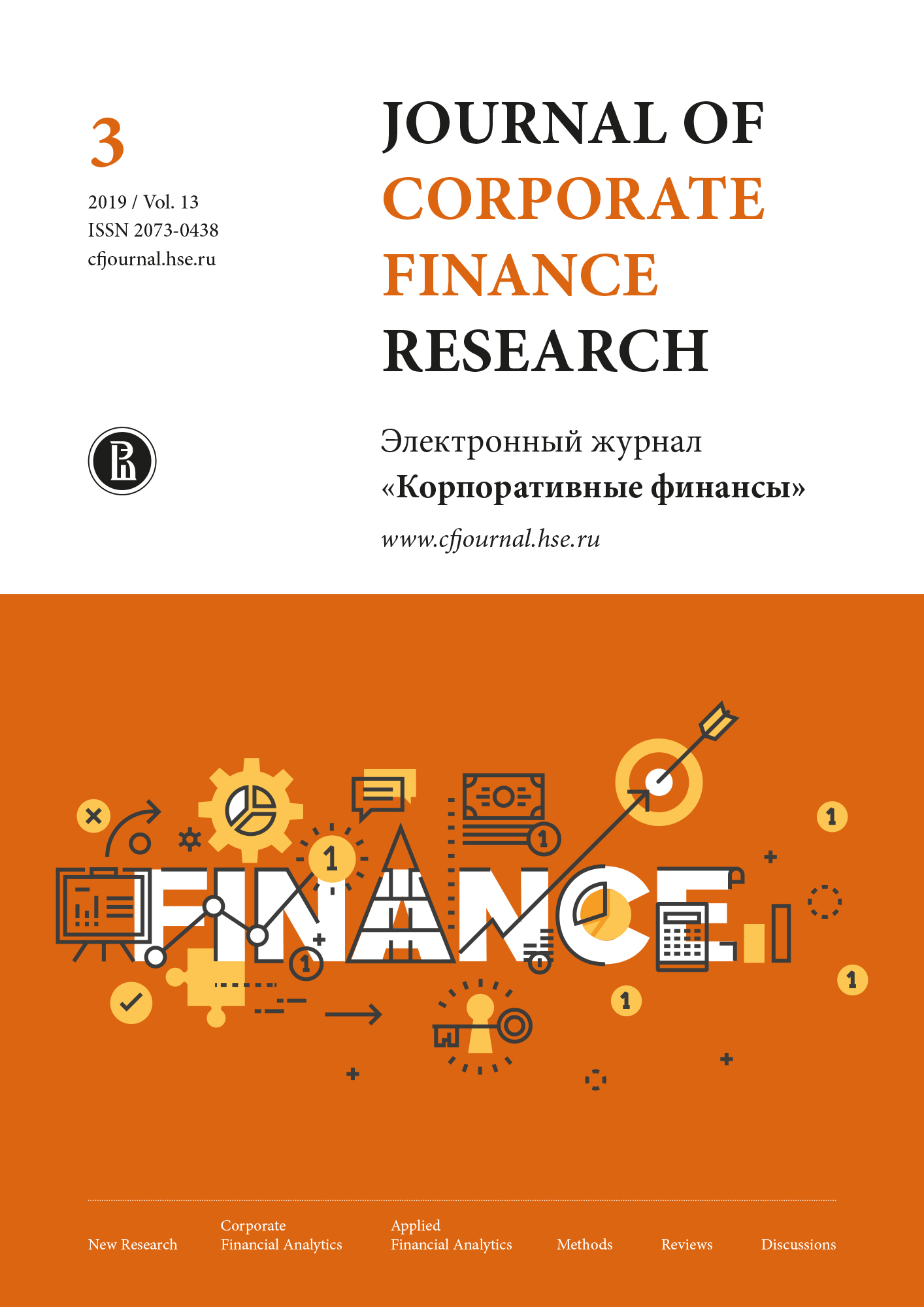Go for a Woman if you Feel Risky: Evidence from Gender Diversity in MFIs
Abstract
This paper contributes to the literature on management and corporate governance in microfinance institutions. The microfinance market is one of the rare markets with a large representation of women in management and governance roles. The objective of our paper is to reveal the effects of women’s presence on the financial and social performance of microfinance institutions.
To achieve this, we develop a model that allows for capturing the influence of gender diversity in the microfinance field whilst controlling for risks. We focus on the role of women as loan officers, on boards of directors, and involved in managing the creation of microfinance institutions. Our model utilises two sets of panel data regressions, one for social performance and one for financial performance, and is tested on data from 193 microfinance institutions across Eastern Europe and Central Asia for the financial years 2010 through 2014.
The results of our investigation indicate that the activity of female members of management, CEOs, and boards of directors could increase performance indicators for riskier microfinance institutions. This is illustrated particularly in the case of projects with greater stakes in portfolios that are more than 90 days in arrears. We also provide evidence that women on boards tend more towards promoting a strategy utilising large quantities of small loans with greater interest. The social performance of microfinance institutions is crucially determined by the microfinance institutions’ size. For the largest microfinance institutions, questions of social performance lie in the field of boards of directors, while smaller institutions’ social performance is mostly driven by CEOs and staff, with significant evidence of a positive female influence on performance indicators.
The novelty of this study is demonstrated the scope of our research. We combine several contemporary issues of peculiar cross-disciplinary interest, and offer succinct and compelling results which will be of immediate applicability in a wide range of academic and professional fields. Our results will be of interest to scholars of gender, social studies, psychology, business, corporate structure, and more. More specifically, we add to the evolving sub-field of study of microfinance institutions, which has the potential to develop rapidly in the near future. This paper represents a cross-section of commercial and business research across a wide territory, with a large sample size, and provides compelling conclusions, which add to these fields of study by both validating existing research, and highlighting new areas for future analysis.

